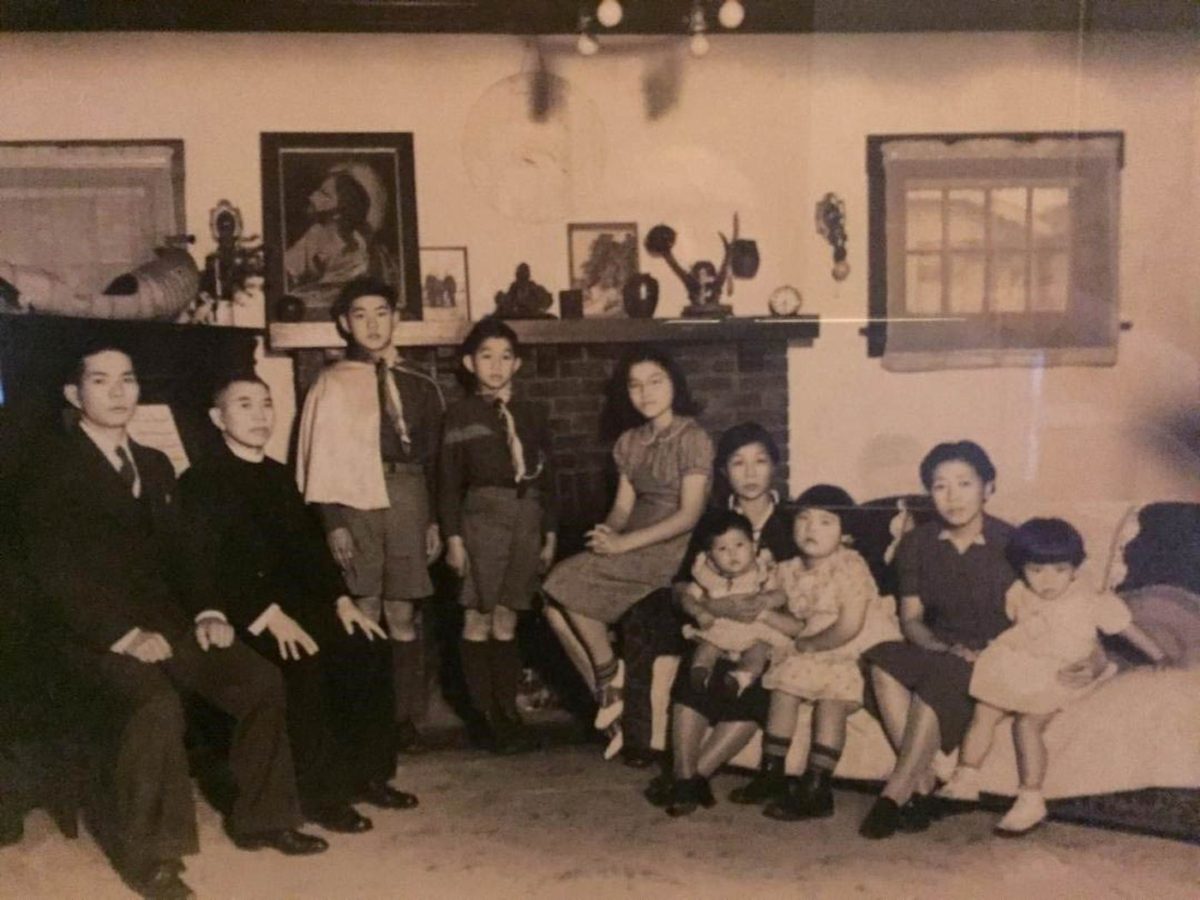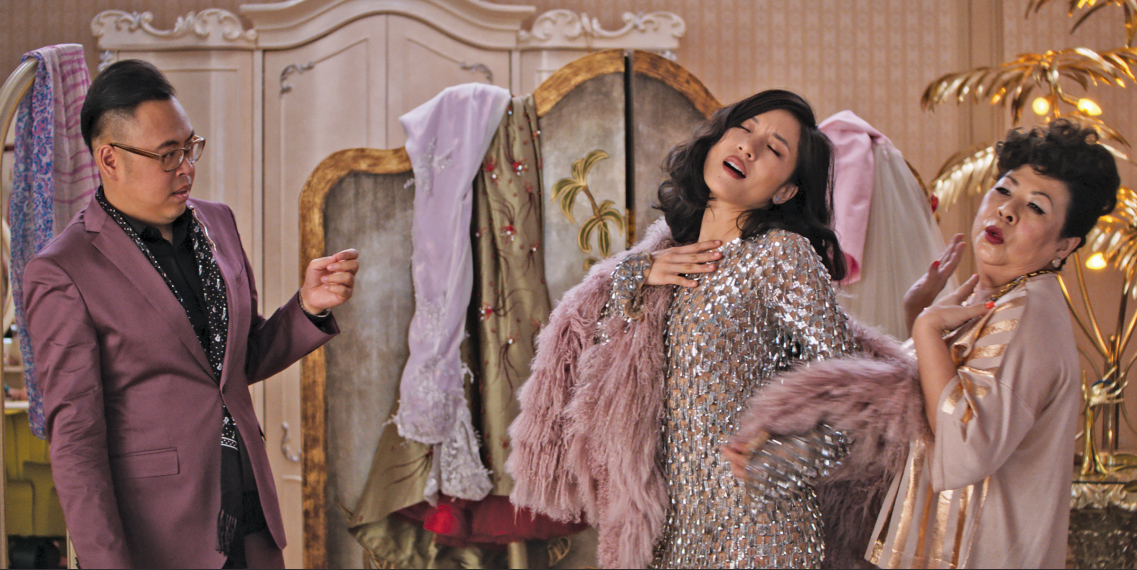November 6th, 2012 was a night of Asian American firsts. Sure, the headlines are blaring about the historic re-election of the first African American president, Barack Obama, to a second term. But Election Night 2012 also marked several landmark firsts for the Asian American community that sound a single resounding note: we are the Asian American electorate, and we have arrived.
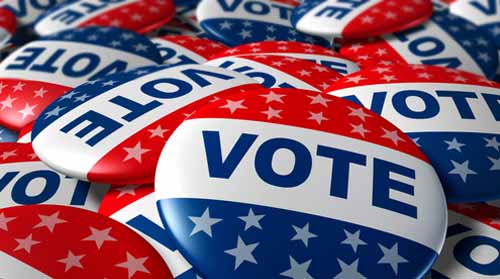
Last night, a record 21 Asian Americans — including Chinese Americans, Korean Americans, Thai Americans, and South Asian Americans — were on the ballot in down-ticket races for Congress (full list here), a few running against one another. Notably, many were freshman politicians, including my college friend Nate Shinagawa whom I worked with in our campus Asian American student group and whom I helped (albeit unsuccessfully) for his first run at student government at Cornell; Nate later served as Ithaca’s first Asian American mayor. Unfortunately, several of these young Asian American politicians lost their bids for Congress, but the record number of Asian American candidates this year speaks to our community’s growing participation in the political process.
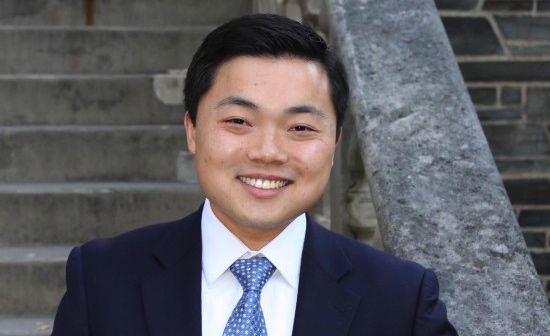
Others were established Asian American congressmen who were seeking, and who won, re-election: Rep Mike Honda-D (CA-CD17), Rep Judy Chu-D (CA-CD27), Rep Doris Matsui-D (CA-CD17), and Rep Colleen Hanabusa (HI-CD1). All staved off Republican challengers to keep their seats. Further, as far as I can tell, no Asian American incumbent running yesterday, was unseated.
But most importantly, Election Night 2012 was a night of firsts for the Asian American community. We added a record four new Asian American congressional representatives — all Democratic — out of California, Hawaii, and New York, including: Representative-Elect Tammy Duckworth-D (IL-CD8), the first Thai-American woman elected to Congress; Representative-Elect Tulsi Gabbard (HI-CD2), the first Hindu-American elected to Congress; Representative-Elect Grace Meng (NY-CD6), the first Chinese American to be elected to Congress from New York; and Representative-Elect Mark Takano (CA-CD41), the first openly gay Asian American to be elected to Congress. We also elected current current Congresswoman Mazie Hirono out of Hawaii to the Senate to serve as the first Asian American female senator.
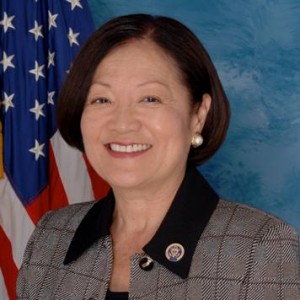
For those of you keeping score, that would be four Asian American women, and one LGBTQ Asian American man who just got elected to Congress last night. Personally, I don’t think it gets more historical than that.
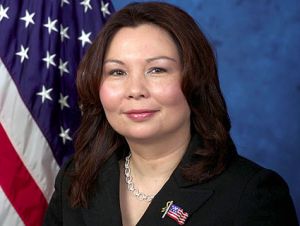
Note: the race between Asian Indian Ami Bera-D and Dan Lungren-R in California’s 7th Congressional District remains too close to call. With 100% of precincts reporting in, Bera maintains a razor-thin lead of less than 150 votes; this race will surely be tied up in recounts and challenges for the next few days. However, if Bera wins, he will be the only Asian Indian man to win last night out of a landmark six races featuring Asian Indian candidates this year.
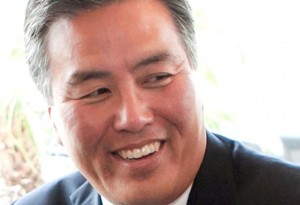
This historic first for the Asian American community is notable as it contributes to the overwhelming narrative of Election Night 2012 — that the overall American electorate is diverse, and that neither Republicans nor Democrats can afford to ignore the voices of minority voters.
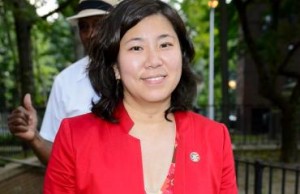
Because, as it turns out, Asian Americans were important in delivering President Barack Obama his second term last night.
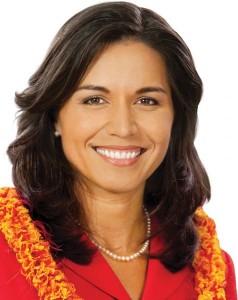
As we knew for weeks leading up to the election, Governor Mitt Romney’s path to 270 electoral votes — the number he needed to win — depended upon victories in a handful of swing states. I blogged earlier yesterday a table of numbers that included a rough estimate of registered Asian American voters in many of these swing states and other states where we might be influential; these numbers would be useful, I wrote, in identifying states where — if the margin of victory is small — Asian American voters may swing the election in favour of one candidate or another.
Over the course of the night, I updated the table with returns as precincts reported in, keeping a close eye on the number of voters that differed between each candidate’s vote totals. In a few important states, President Obama is likely to eke out a narrow victory of less than two points: Florida and Virginia (the former remains to be called for Obama as of this writing). These swing states are also significant in that they are winner-take-all states that represent a large number of electoral votes: 29 electoral votes for Florida and 13 electoral votes for Virginia. These swing states are also notable in that the small margin of victory combined with their relatively populous Asian American communities means that Asian American voters could have helped deliver both states to the Democratic side. And, with Romney’s flagging numbers in Ohio, most analysts last night agreed that Romney needed a victory in one or both of these other states to win.
And, frankly, the numbers bear it out: Asian American voters helped deliver both states to President Obama. In so doing, Asian Americans helped seal the president’s second term.
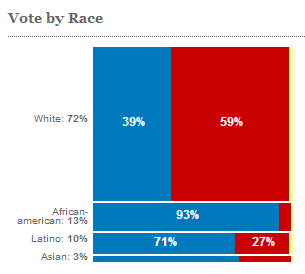
Virginia is the best state to demonstrate Asian American influence on the Election yesterday. In Virginia, Asian Americans make up 5.8% of the population; last night, we were 3% of the state’s voters. Nationally, Asian Americans voted overwhelmingly in favour of President Obama last night (CNN’s exit polling showed 73% support for President Obama among Asian American voters; a similar 3 to 1 spread was found in a CAPACD exit poll). In the generally conservative state of Virginia, President Obama also won landslide support with Asian American voters: 66% of Asian American voters polled by MSNBC exit pollsters in Virginia voted for President Obama. This translates to 70,000 Asian American Obama voters, in a state where President Obama’s margin of victory was just over 65,000 votes (with 100% of the vote in, numbers taken directly from the Virginia board of elections website). Had Governor Romney convinced even half of Virginia’s Asian American Obama voters to swing Romney, Virginia would be red this morning.
A similar story can be told in Florida, where Asian Americans make up 2.4% of the population. 2% — or 165,000 — of Florida’s voters were Asian American, according to MSNBC exit polls. Unfortunately, exit polls in Florida were insufficient to give the distribution of Obama supporters within this population, but if we make the reasonable assumption that Floridian Asian Americans, like their Virginia counterparts, voted 2 to 1 in favour of President Obama. (Note: this is pretty reasonable since the same exit poll, which lumps in Asians with voters of “All Other” races shows 70% of that group voting for Obama.) This translates to 109,000 Obama votes from Asian American voters, in a state where at last count (with 97% of precincts reporting in; oh Florida, why are you always the problem child?), President Obama was winning by only 47,000. Again, had Governor Romney convinced even just a quarter of Florida’s Asian American Obama voters to vote for him, he may have won (or solidified a win) in Florida (depending on where Florida ends up).
Had Romney managed to accomplish both of these tasks in Florida and Virginia, he would’ve added 42 electoral votes to his tally. While it turns out that the Romney strategy also failed to deliver in other swing states that Romney needed to make it to 270, these 42 electoral votes were certainly a critical part of his path to victory. Losing them very likely cost Governor Romney the election.
As if this weren’t enough, Asian Americans were also critical for delivering the popular vote to President Obama — which politicos understand the president needed to win to make the argument for a political mandate going into his second term. As most of us watching the returns last night were aware, the popular vote was a nail-biter, appearing to favour Romney for hours after the polls closed on the East Coast. But, as California polls closed and votes were tallied, we saw a steady uptick in the popular vote for Obama, culminating in a majority just as Romney delivered his 5 minute concession speech. We can, from this, pretty safely assume that the West Coast was key for the Obama campaign in winning the popular vote; and particularly in states like California where Asian Americans are 13.6% of the population and where 12% (or 1.1 million) of the state’s voters last night. MSNBC reports that a whopping 77% of California’s Asian American voters backed the president, so in California alone, 850,000 Asian American voters contributed to the president’s victory in the popular vote.
When we consider the entire country, the math solidifies this argument. Nationally, about 118 million voters cast their ballots in the 2012 election. At last count, the president is winning the popular vote by 2.7 million votes, or just about 1 percentage point. CNN exit polls estimate that 3% — or 3.54 million — Asian American voters voted this year, and that in aggregate 73% of us backed President Obama. That’s 2.6 million Asian American votes cast for President Obama — which is just about the margin of victory between President Obama and Governor Romney in the popular vote right now (with 99% of votes tallied).
But, enough with the math. The message is clear: Asian American voters were critical in shaping the outcome of Election Night 2012. As I wrote above, the writing is on the wall: we are the Asian American electorate, and we have arrived.
But ultimately what this all really tells us is that both Democrats and Republicans can ill afford to continue over-looking the Asian American electorate. CAPACD notes in their exit polling that 51% of Asian Americans reported not being contacted by either Democrats or Republicans this year. I predicted earlier in the week that Governor Mitt Romney’s failure in messaging that appealed to Asian American voters would likely cost him the White House.
The bottom line is that Asian Americans are a small, but growing political force in this country. Even more attractive for both the Democratic and Republican leadership are three facts: 1) we are a young electorate with no generational party affiliation, with 31% of Asian American voters in 2008 identifying as first-time voters; 2) we seem reluctant to make party affiliation, with a majority of Asian American voters identifying as independents even in blue states like California; and, 3) our key issues are surprisingly consistent with the Republican party line — in 2008, Asian American voters cited the jobs and the economy as their primary concern — yet, we appear to be attracted by the inclusionary message of Democrats which indicates that both parties have room to forge a political in-road with Asian American voters. Critically, since Asian American voters are still a young voting community, whichever party wins our support in the next few decades is likely to enjoy generational loyalty that will be harder for the opposition to crack later on.
On the other hand, what the 2012 Election also made clear is that the Republican party’s strategy of exclusion of all voters who aren’t wealthy White males will not work in the increasingly multi-racial landscape of America. Right now, Asian Americans seem poised to become a voting bloc institutionally loyal to Democrats. And, as a progressive, I think this is great. But, frankly, Asian Americans would best be served by a true race for the Asian American vote by both Democrats and Republicans. This would ensure that our issues — immigration, education, healthcare, science and technology, small business, economy, APIA political representation — can be raised to the forefront of the political debate; it would also encourage more political participation in the Asian American community which — despite our profound influence last night — still lags in voter registration numbers.
In short: the time to win the Asian American vote is now. The question is whether Democrats and Republicans recognize it.
Related:

